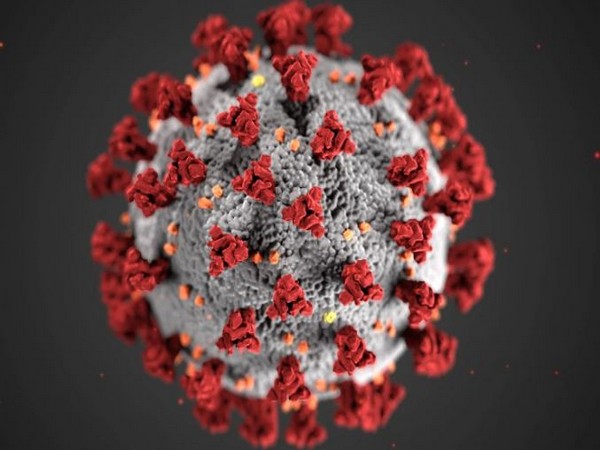Science News Roundup: Scientists come closer to solving Caribbean seaweed mystery; Coronavirus can transform pancreas cell function; certain genes may protect an infected person's spouse and more
The new heavy-lift launch vehicle would be capable of putting a 15- to 50-tonne spacecraft on a trajectory to the moon, said Liu Bing, deputy designer at the China Aerospace Science and Technology. Little fluffy clouds may help save Australia's Great Barrier Reef To slow the speed at which high temperatures and warm waters bleach the corals of the Great Barrier Reef, Australian scientists are spraying droplets of ocean water into the sky to form clouds to protect the environmental treasure.

Following is a summary of current science news briefs.
Scientists come closer to solving Caribbean seaweed mystery
Scientists were baffled when a band of seaweed longer than the entire Brazilian coastline sprouted in 2011 in the tropical Atlantic - an area typically lacking nutrients that would feed such growth. A group of U.S. researchers has fingered a prime suspect: human sewage and agricultural runoff carried by rivers to the ocean.
Coronavirus can transform pancreas cell function; certain genes may protect an infected person's spouse
The following is a summary of some recent studies on COVID-19. They include research that warrants further study to corroborate the findings and that has yet to be certified by peer review. Coronavirus transforms pancreas cell function
England to ease regulations on gene editing in agricultural research
Britain's farming and environment minister George Eustice announced on Wednesday that regulations related to gene editing in agricultural research would be eased in England following a public consultation. Rules will now largely be aligned with conventional breeding methods for research and development into plants although scientists will still be required to notify the government of any research trials.
England's Isle of Wight was the Isle of Fright, with two big dinosaur predators
Fossils found on a rocky beach show there was double trouble on England's Isle of Wight about 127 million years ago, with a pair of large previously unknown dinosaur predators living perhaps side by side, both adapted to hunting along the water's edge. Scientists on Wednesday announced the discovery of fossils of the two Cretaceous Period meat-eaters - both measuring about 30 feet long (9 meters) and boasting elongated crocodile-like skulls - on the southwest of the island, one of Europe's richest locales for dinosaur remains.
China to launch rocket in 2028 capable of sending crewed probe to moon
China is expected to launch its next generation of heavy-duty rockets in 2028 powerful enough to send a crewed spacecraft to the moon, the country's main space contractor said on Wednesday. The new heavy-lift launch vehicle would be capable of putting a 15- to 50-tonne spacecraft on a trajectory to the moon, said Liu Bing, deputy designer at the China Aerospace Science and Technology.
Little fluffy clouds may help save Australia's Great Barrier Reef
To slow the speed at which high temperatures and warm waters bleach the corals of the Great Barrier Reef, Australian scientists are spraying droplets of ocean water into the sky to form clouds to protect the environmental treasure. Researchers working on the so-called Cloud Brightening project said they use a turbine to spray microscopic sea particles to thicken existing clouds and reduce sunlight on the world's largest coral reef ecosystem located off Australia's northeast coast.
FAA allows Virgin Galactic to resume launches after mishap probe
The U.S. Federal Aviation Administration (FAA) on Wednesday said it closed its mishap investigation into the July 11 Virgin Galactic Unity 22 launch, which deviated from assigned airspace on descent, and lifted a grounding order the regulator imposed earlier. The FAA said Virgin Galactic had implemented changes the agency required on how it communicates during flight and that the company will be allowed to resume operations.
(This story has not been edited by Devdiscourse staff and is auto-generated from a syndicated feed.)
ALSO READ
Mammoths, Moon Missions, and Museum Marvels: A Week in Science
India vs Australia 2nd Test: Day 1 Tea Scoreboard
Australia bounce back with three quick strikes following Gill-Rahul stand
Tennis-Kyrgios, Bencic return to Australian Open with protected rankings
India reach 82 for 4 at tea in pink ball Test against Australia










